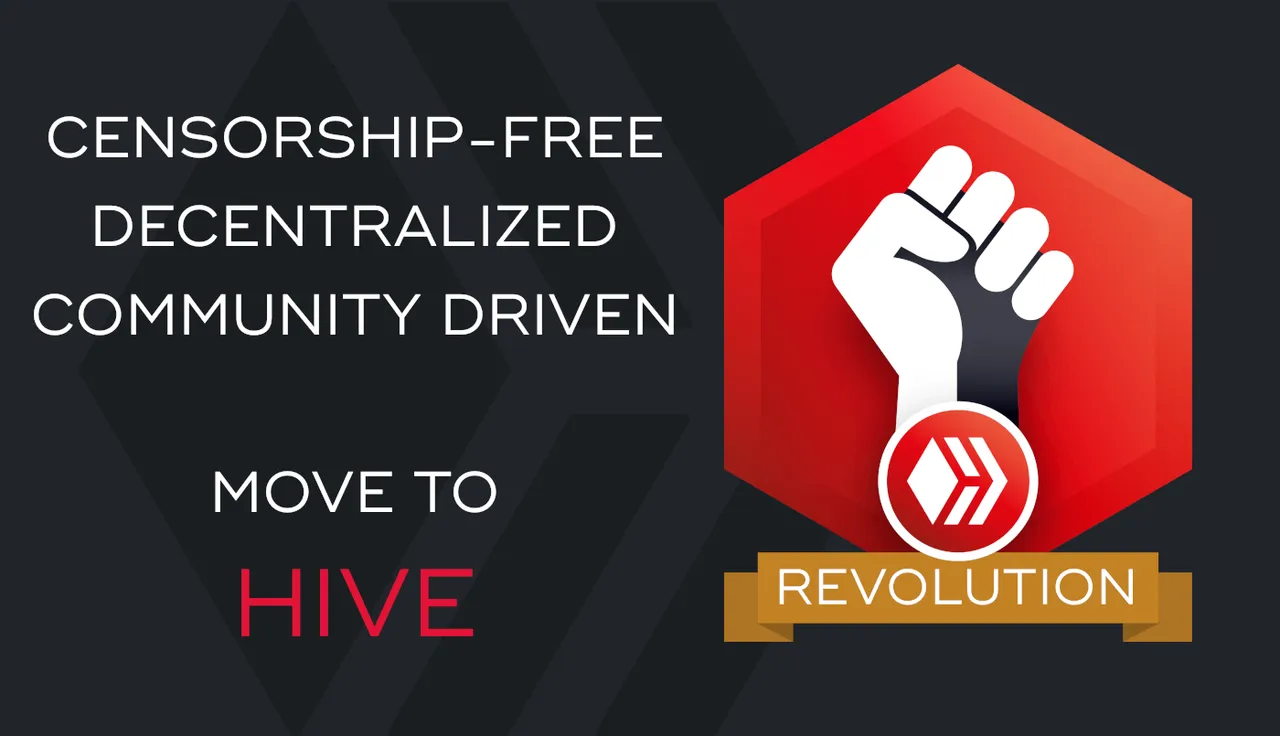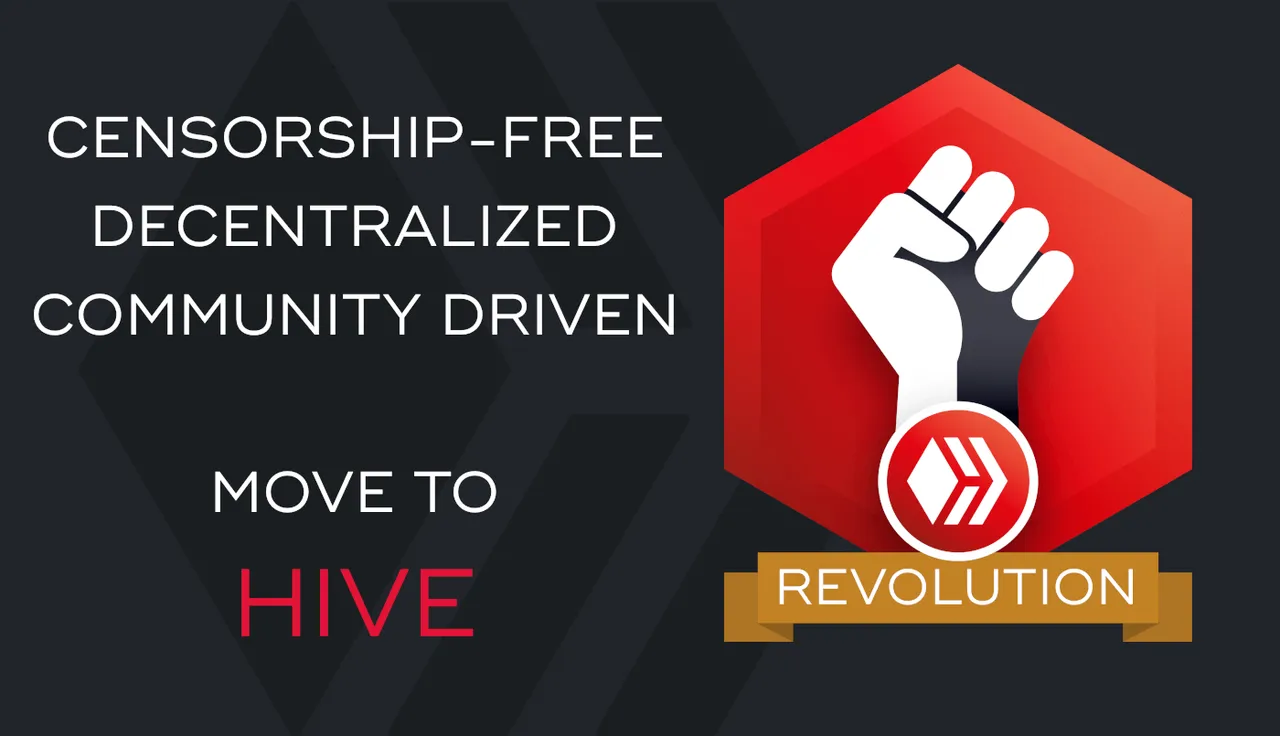Hi Everyone,
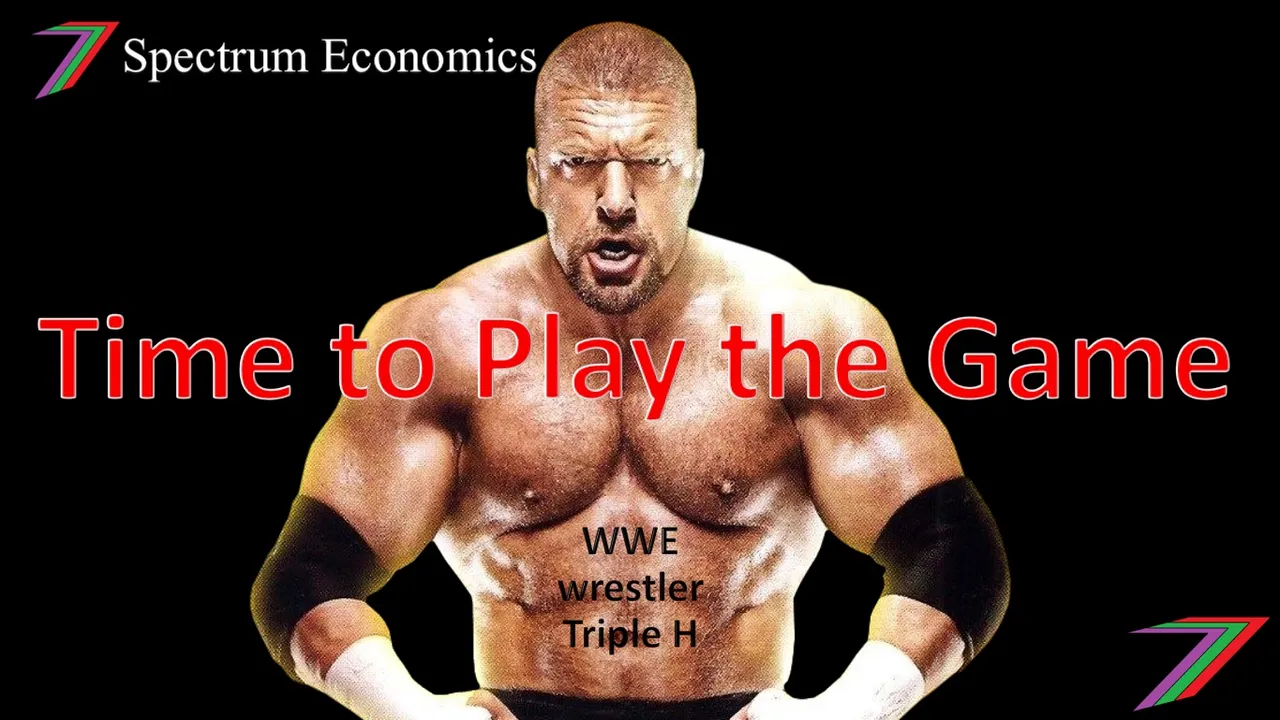
The wrestler in the thumbnail/first picture is Triple H also known as 'The Game'
Today I am moving away from my typical logic-based analysis type of posts. This post will focus more on some of the strategies that I have applied in my life (more of personal experience than empirical evidence of success). This post is not going to jump into any theories or complex analysis. Most of the content in this post relates to generic strategies that can be applied in life. I am not prescribing any of these strategies to any specific situations. I will let you be the judge of when to apply them.
I have written several posts about game theory. I find it to be one of the most interesting topics in economics. I also believe it has almost unlimited application. This post will focus on game playing strategies as well as how applying these strategies can help you win 'the game'.
I believe life is full of games. Most of the time we do not know we are playing these games, as we are not always directly engaged with a competitor. However, our lives are shaped by the actions of other people regardless of whether we are competing with them or not. These people can act in a way that affects us positively or negatively. We should prefer that people act positively towards us. Unfortunately, it is not always that simple. We need to understand which people have the most influence on our lives. We want these people to act in a manner beneficial to us. If they do not, we either influence them to change their behaviour or manoeuvre ourselves to reduce the negative impact these people have on our lives. I am hoping this is starting to sound familiar, if so, then you have been playing games or at least been part of one.
Strategies
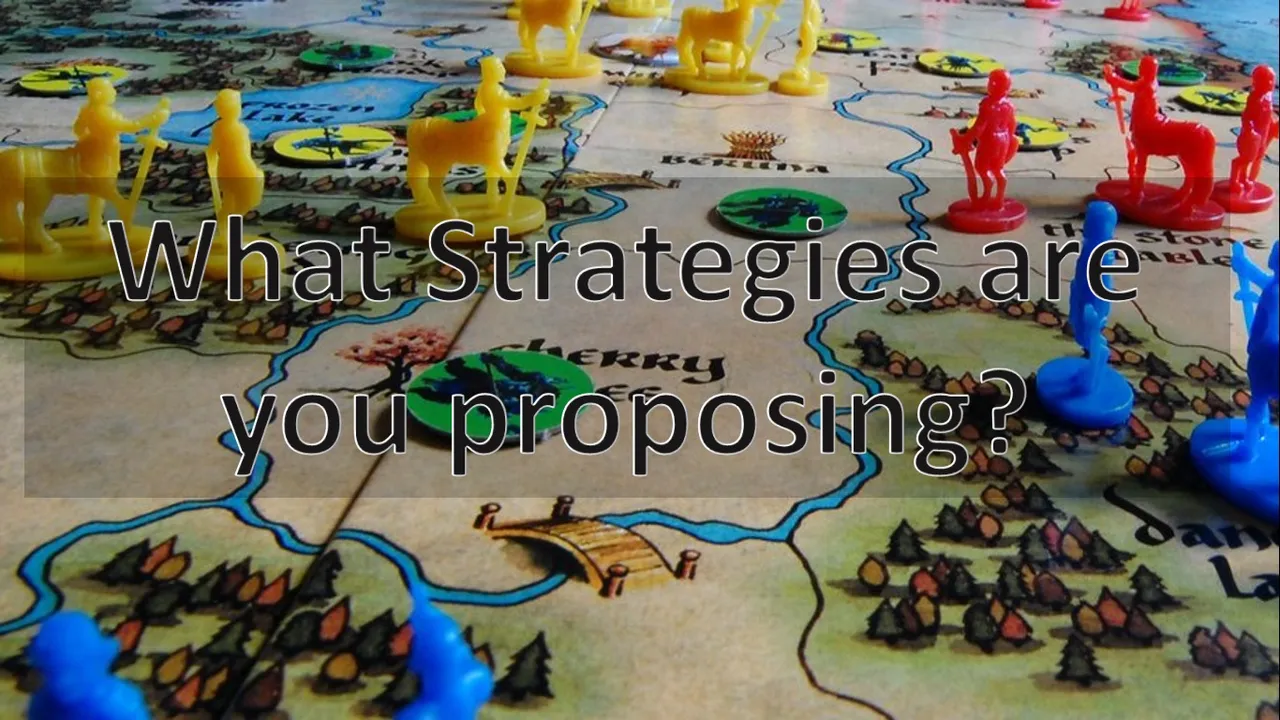
There are almost endless possibilities when it comes to the strategies that you can apply to playing your games. In this post, I have included many of the strategies that I have found most effective. All these strategies are more effective when combined with several other strategies. The strategies I am discussing in this post can be categorised under the following headings.
- Honesty
- Situational awareness and your environment
- Countering smoke and mirrors
- Trust
- Loyalty
- Friendship
- ‘Breadcrumbs’
- False sense of security
- Passion and emotion
- Utilising information
- Open-mindedness
- Forgiveness
- ‘Chess Game’
- Short-run, medium-run, and long-run
- Managing perceptions
- Accept you will make mistakes
- Understanding a person’s background and influencers
- Empathy
- Do not panic
- Working on or off script
- Understanding a dynamic world
- Having fun
- Actions vs. intentions
Honesty
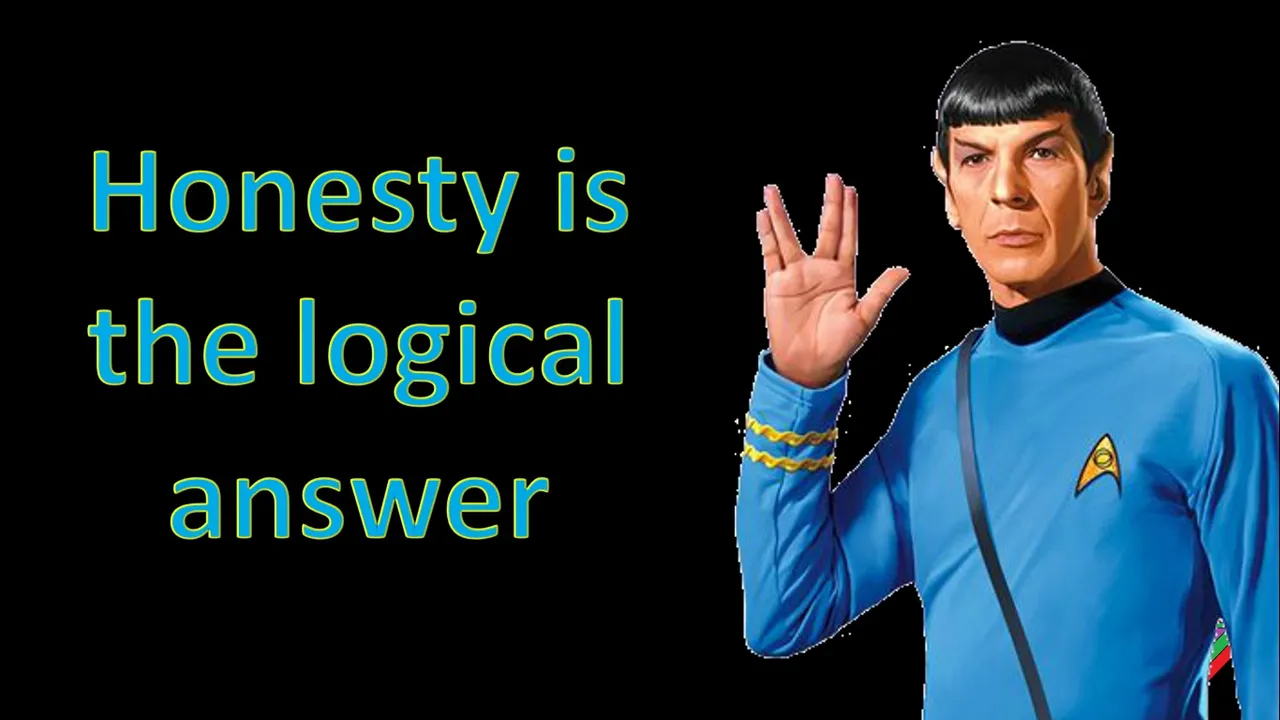
I strongly believe honesty is one of the most effective strategies to adopt in life. I will define honesty, simply, as just telling the truth. Many people will try to complicate the definition by including not volunteering information as form of dishonesty. Others will include acting in a particular way that can be perceived as misleading as being dishonest. I will cover off on some of those ideas in other areas/strategies in the post.
I am not proposing being honest based on moral reasons. However, being honest does create the perception to others that you are a moral person. This will likely encourage a positive response from others.
Dishonest behaviour can be a lot of work. Keeping up a fake story usually does not involve one lie but a multitude of lies. These lies need to be consistent. This becomes even more complicated if we are telling people different stories. In the end, the chances of getting caught not telling the truth is very high. A reputation of being a liar can be hard to shake and will seriously hurt your credibility regarding anything you do. People will also not trust you. Having people trust you is very important if you want to be successful in almost anything you do.
Being honest often promotes honesty in others. Many people find it more difficult to be dishonest to an honest person. Others may see your honesty and the success you are achieving by being honest and try to follow your example. It is still important to remember that being honest just improves your odds of being treated honestly, it is not guarantee. There are no guarantees with any strategy. Good strategies only improve your chances of success.
Situational awareness and your environment
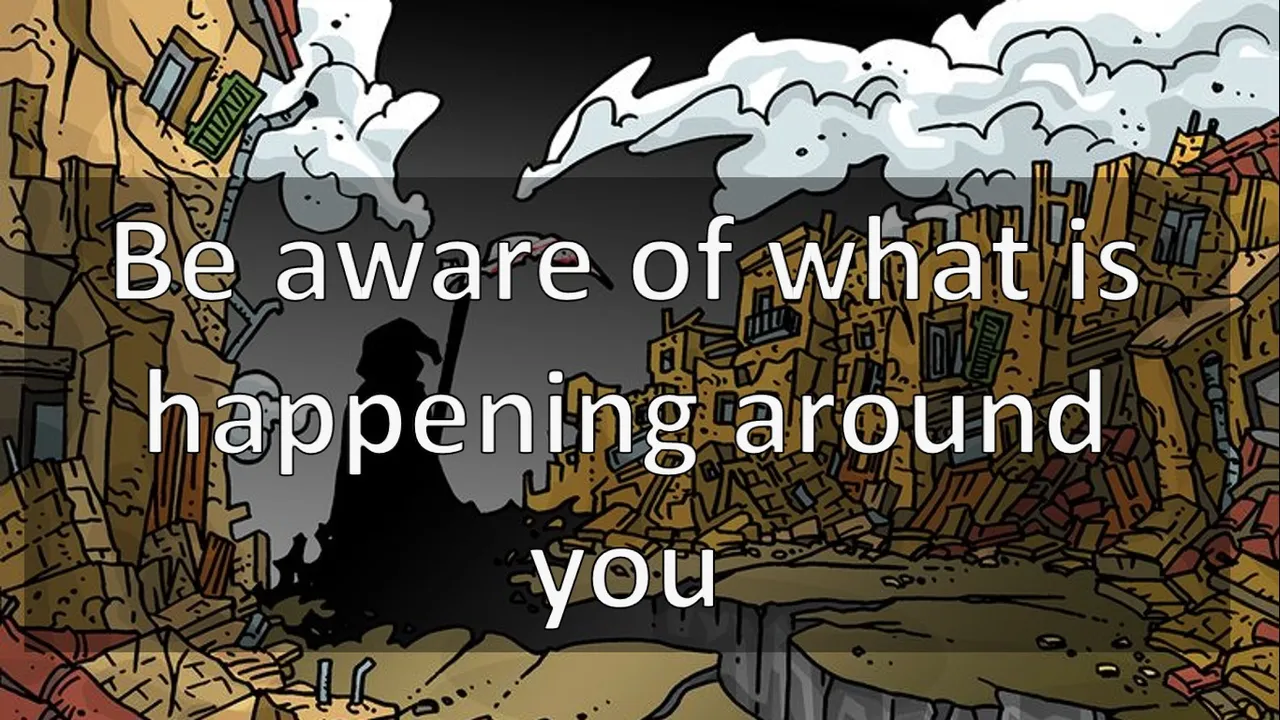
It is important to be aware of what is going on around you. Changes to your environment will usually require changes to your strategy. Many people are comfortable just working to their strengths. Your strengths will not always align best to the situation or changes to the circumstances that you face. A much better approach is to be flexible to your environment. Look for new opportunities that present themselves as well as develop areas of yourself that could eventually become additional strengths.
Countering smoke and mirrors

I discussed honesty early in the post. What I am calling ‘smoke and mirrors’ in many ways is the opposite of honesty but it has achieved a certain level of success for some people. Think of ‘smoke and mirrors’ as a way of manipulating attention in a particular direction. Politicians very often use the ‘smoke and mirrors’ strategy to distract from some of their own failings. I am not recommending using this strategy but instead propose a strategy of actively identifying potential ‘smoke and mirror’ strategies applied by others. I recommend this approach as ‘smoke and mirror’ strategies are very popular and being caught out by them can be unpleasant.
The ‘smoke and mirrors’ strategy is often a big attention grabbing statement that draws attention. When anything draws attention, it is worth looking around at what else is happening especially by those that are pushing attention in a particular direction. The attention grabbing event could be just a distraction.
Trust
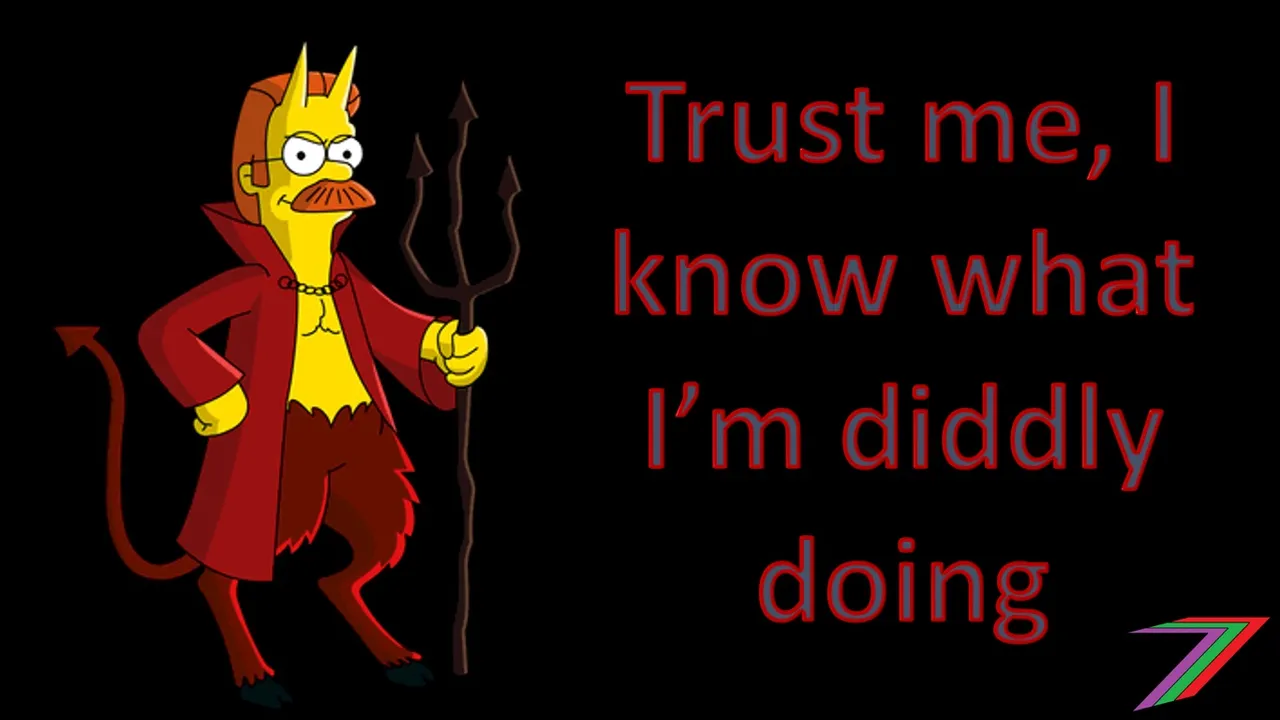
It can be very difficult to know who to trust and when to trust them. You should not trust everyone neither should you trust no one. It is worth considering somebody’s track record when it comes to reliability, consistency, and honesty. Another thing to look for is the goal and objective congruence that a person has with yourself. People that are striving for the same things as you are generally not going to sabotage themselves by backstabbing you.
You should also allow others to trust you in return. Trust is often reciprocal. Someone is more likely to trust you, if you demonstrate that you trust him or her. Trust can also develop into loyalty, as I will explain in the next point.
Loyalty
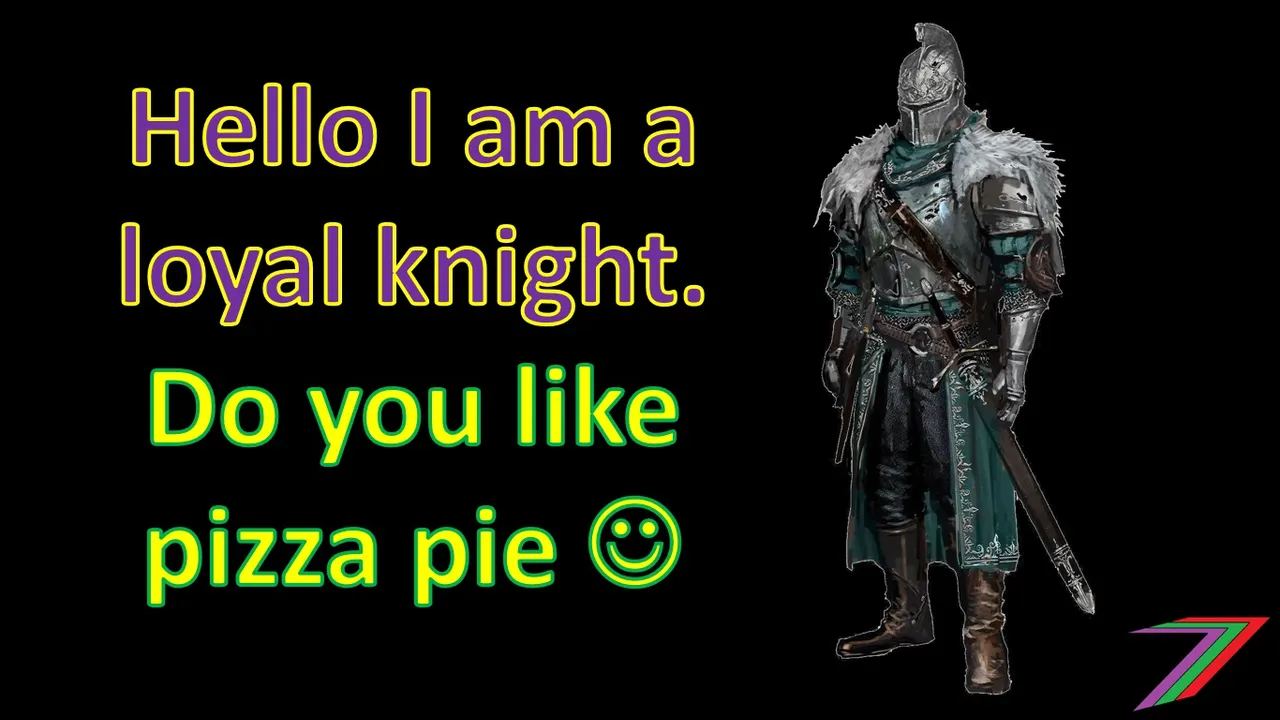
Remaining loyal to a person or a cause is generally a very sound strategy. Loyalty is often repaid with loyalty by others (see the similarity to trust). This loyalty could be repaid directly to you or to the cause that you are pursuing. Loyalty can be exceedingly strong, even to the point that loyalty can supersede logic. I do not recommend strong blind loyalty to anyone but instead loyalty that has grown out of trust.
Friendship
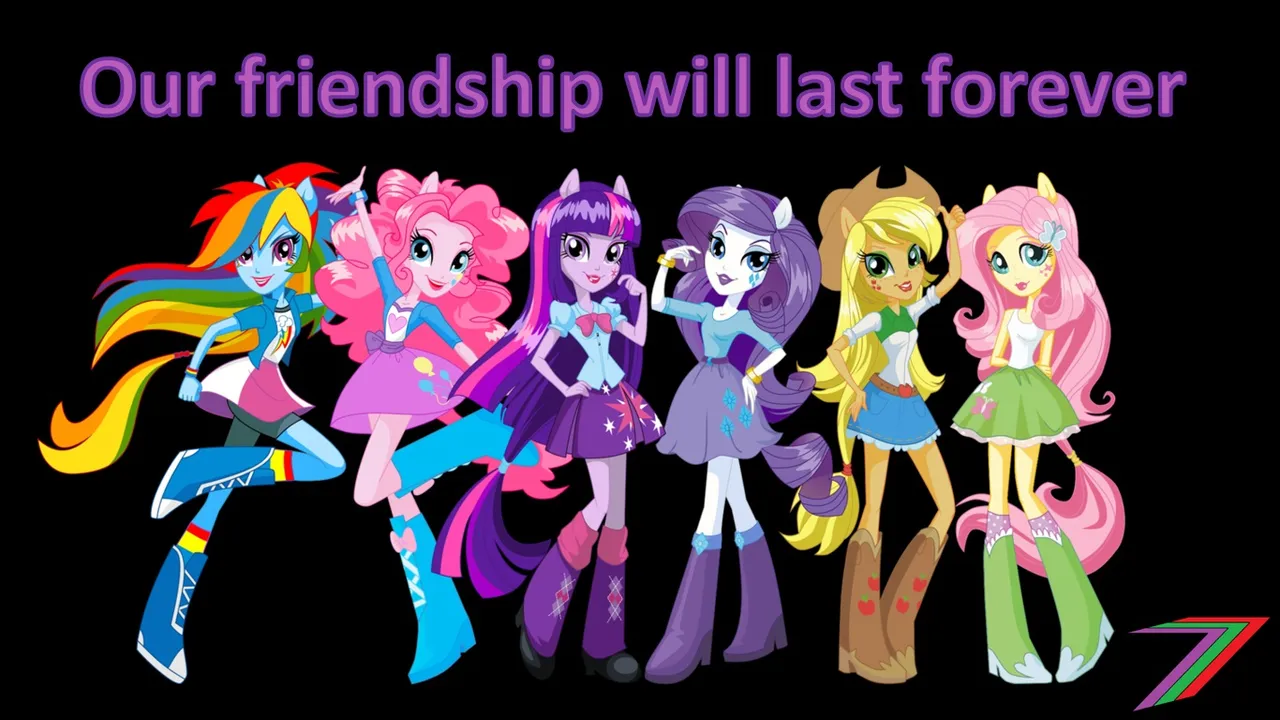
Friendships or at least alliances are important. Having friendships builds honesty, loyalty and trust. As I discussed earlier, these are important to your success. Friendships can be very general in nature. I do not believe you should target any particular person for any particular strategic reasons. Just becoming friends with someone you are comfortable with is sufficient. Forcing a friendship is not going to be effective and the other person will soon see through you. This will make you appear disingenuous and will do you more harm than good.
‘Breadcrumbs’

You may not want to tell someone outright everything about your life. You may not even want to tell someone outright everything you are willing to share. I have the strategy that I call ‘breadcrumbs’. This strategy involves sharing something but not too much and in places that people are likely to stumble across this information, e.g. Facebook or Instagram.
People just love to find out stuff about others. I suggest using social media to reveal little things about yourself that you rather not bring up in conversation. I suggest sharing personal things about yourself but not anything that you feel uncomfortable about sharing. Those that like to do some digging should be satisfied by finding something and therefore not conduct their own personal investigations into your life.
False sense of security
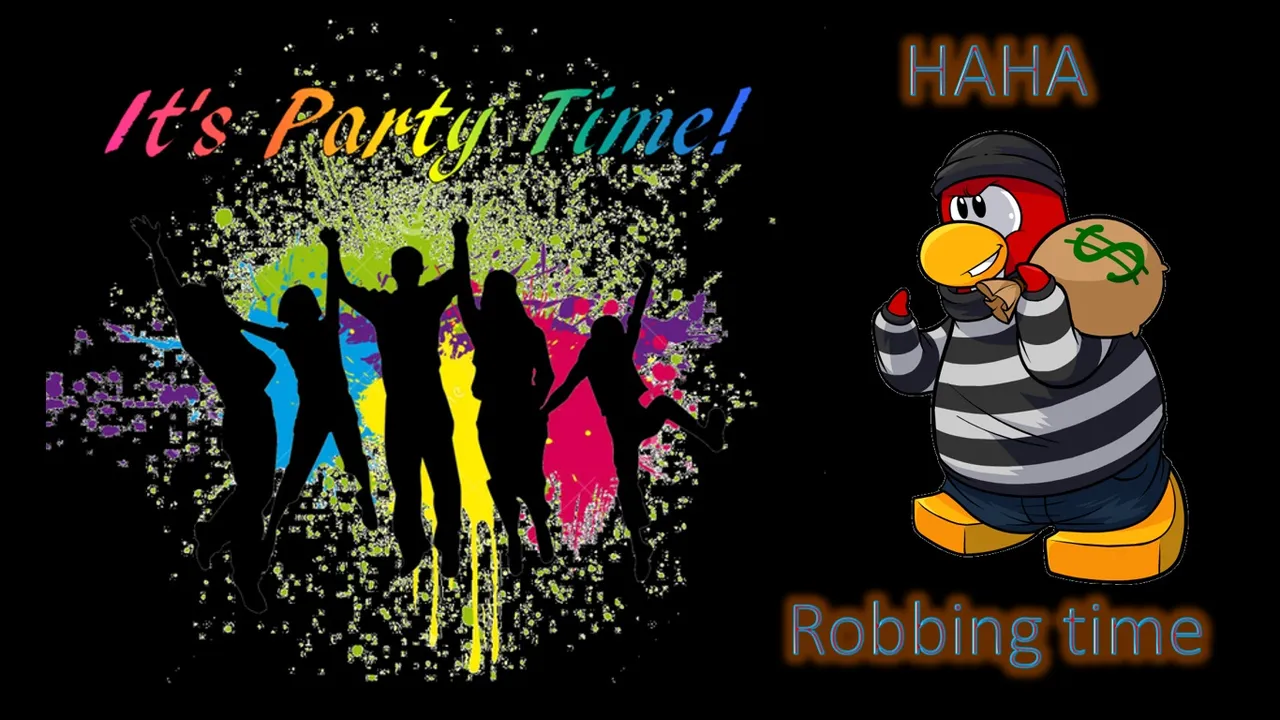
Often when we feel at ease, we are most vulnerable. This often comes after accomplishing a major milestone or any other form of success or victory. It is during these times that we are more prone to failure. It is important to remember that your life keeps rolling; there is not an end where you can throw everything down and just blindly celebrate. One set of accomplishment should therefore roll into another set of objectives.
It is also often a good time to approach somebody after they have achieved success, as they are more likely to let their own guard down. This gives you an opportunity to show respect for that person’s accomplishment. This should allow you to fast track any alliance that you wish to form with that person.
Passion and emotion
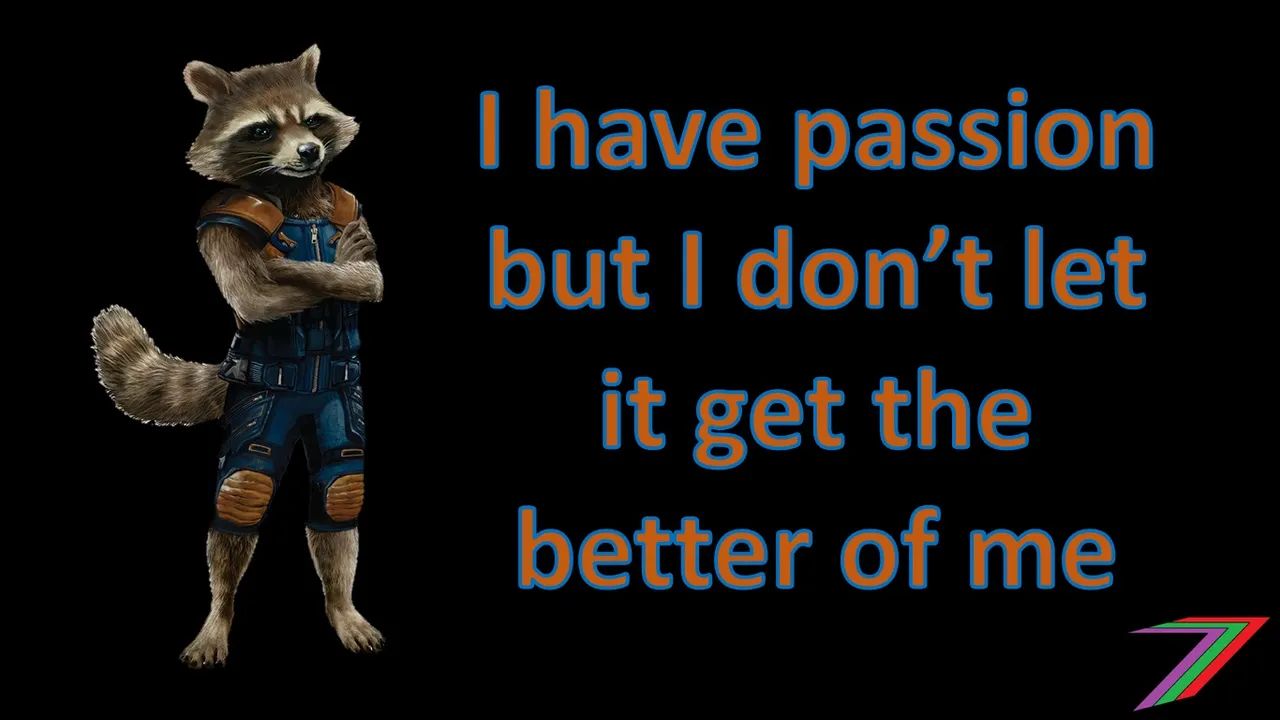
Some people are predominantly driven by logic and level headed thinking. Other people rely on their passion, desire and sheer willpower to get things done. Ultimately, you should have a balance between the two.
Making decisions and actions supported only by logic sometimes is not enough. People can easily perceive you as being cold and unfeeling. Those that show passion can be great motivators that also bring the best out of those around them. Intense passion can also lead to expressions of emotion. Uncontrolled emotion can become a great hindrance and cloud judgement. Uncontrolled emotion may also cause others to want to disengage with you, as you appear ‘irrational’.
Emotion can also show a more human side and enable others to empathise with your cause. If you are passionate, at some point, you will display some form of emotion. This emotion can still be harnessed but requires discipline and maturity. Openly displaying emotion can be an effective strategy but a difficult one to pull off.
Utilising information
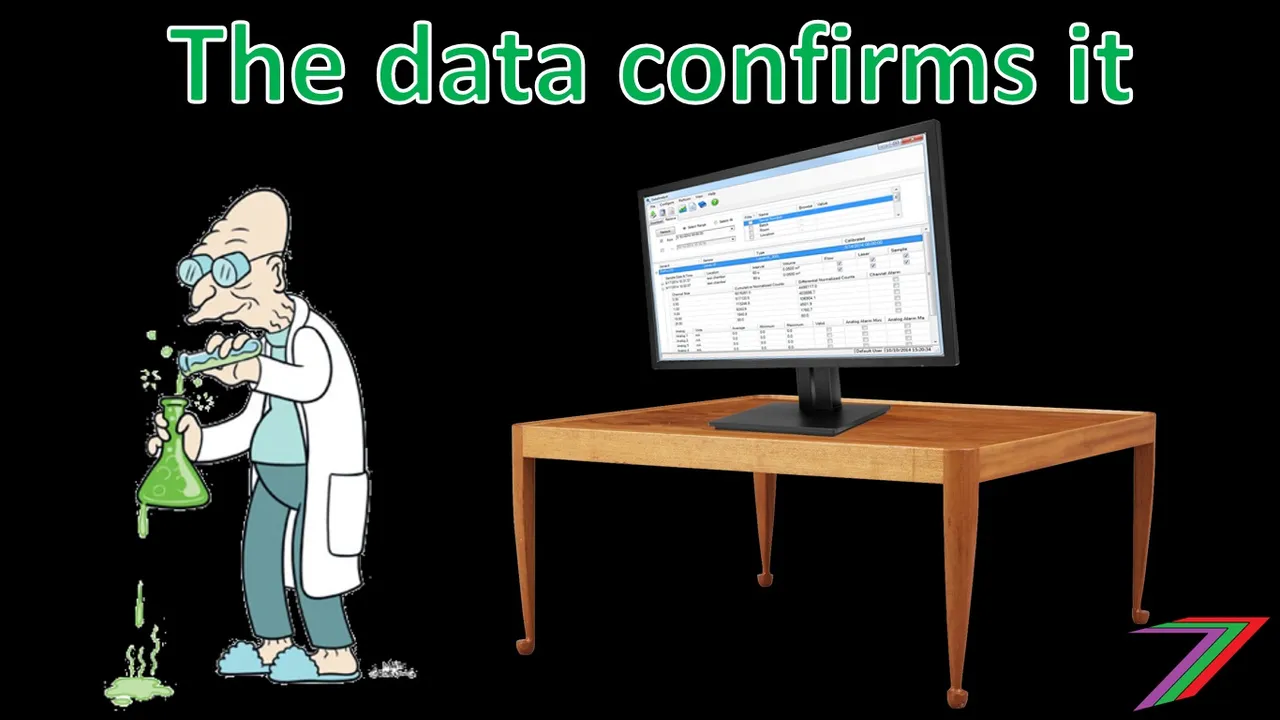
The expression ‘information is power’, is almost always true. This does not usually relate to the quantity of information but in most case to the quality of that information. Too much information can be just noise and distract from the information that is important for us to make decisions. Rather than going on a fishing expedition for information, determine what information you believe is necessary to make good decisions.
When you start searching for information, you will always encounter additional information that can be useful that you did not initially consider. You will also realise that you cannot always get exactly what you are seeking. Therefore, you will need to find useful comprises. When acquiring information it is then important to filter the information that is most pertinent to your next course of action. It is also worth keeping track of all the sources of information you have encountered, as you may need to revisit them.
Open-minded
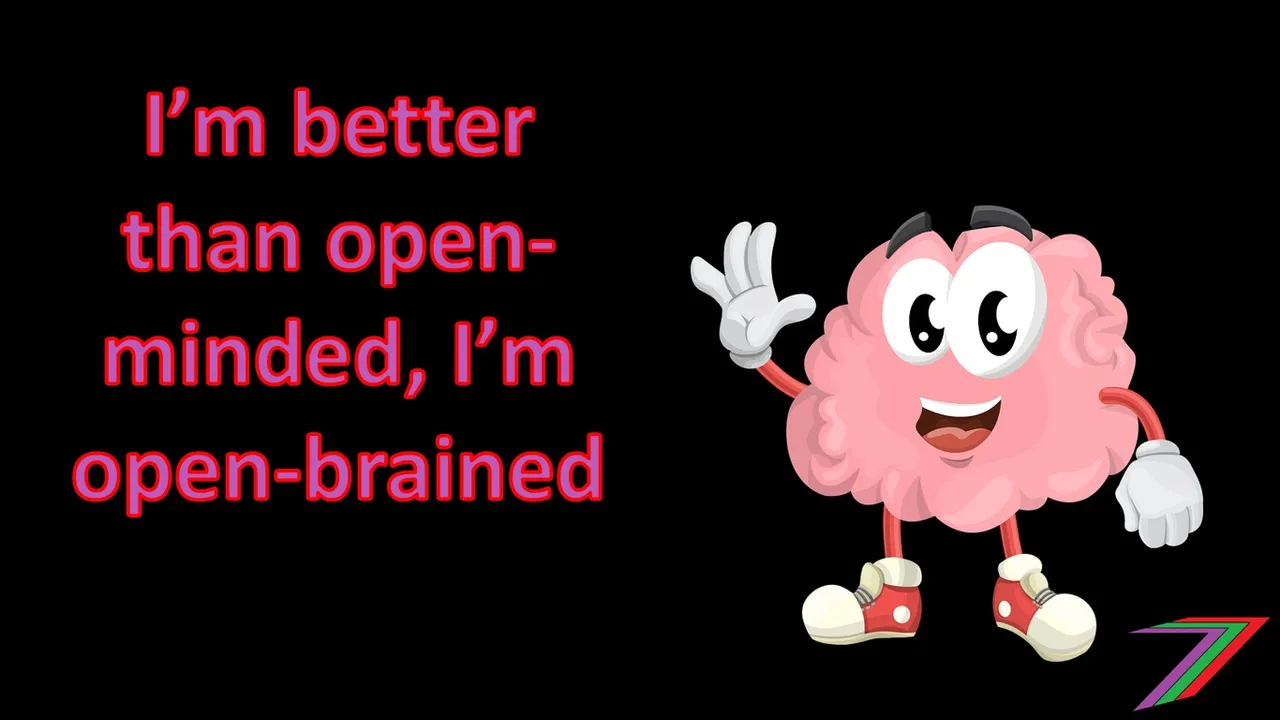
It is important to be open-minded but this does not mean entertaining every idea that you encounter. I believe everyone should have a strong set of core values that shapes how they approach life. These values should be close to unwavering as they support everything you believe. What stems from these core values should be treated with much greater open-mindedness. For example, you may have a core value of equal opportunity. Remaining rigidly firm to this core value is wise. Remaining firm to how this value manifests itself may not be so wise. Keeping an open-mind can help you best express your core values.
Forgiveness and apology
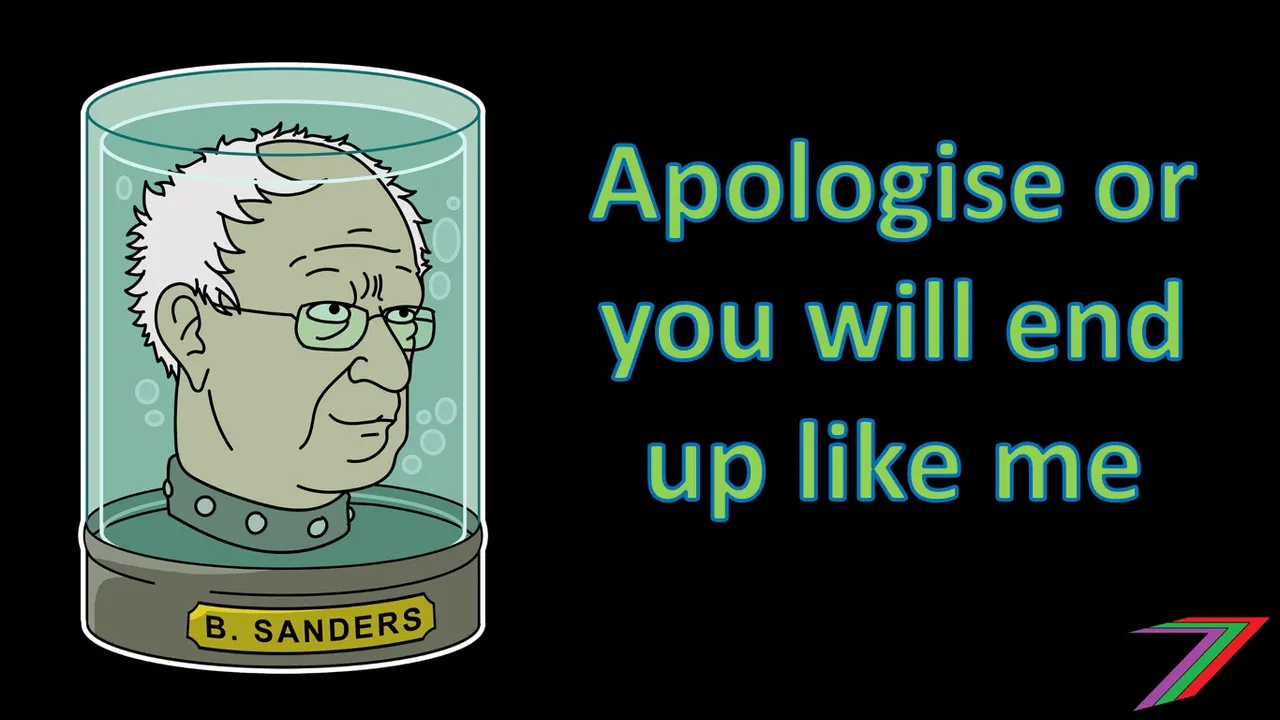
Forgiving others and offering an apology for any actions that have caused harm are very effective strategies. Turning down sincere apologies is burning a bridge when you could be making an ally. Turning down a likely insincere apology is giving a potentially undesirable person the opportunity to form alliances against you. It is also possible that an apparently insincere apology could actually be sincere; we are after all relying on our own perception of sincerity. It is worth keeping track of those that apologise to you, as their apologies could very well be a strategic attempt to win your trust.
Offering an apology is necessary if we have wronged someone. If the apology is sincere, the other person will most likely appreciate it. This will improve your relationship with that person. Apologies can build trust as well as demonstrate to others that you have the courage to swallow your pride when you have made a mistake. Pride should never play a role in your decision making process as it will hinder relationships with others as well as prevent you from quickly getting back on track. Casting pride aside can be difficult for some people but it is necessary for reaching better outcomes.
‘Chess Game’
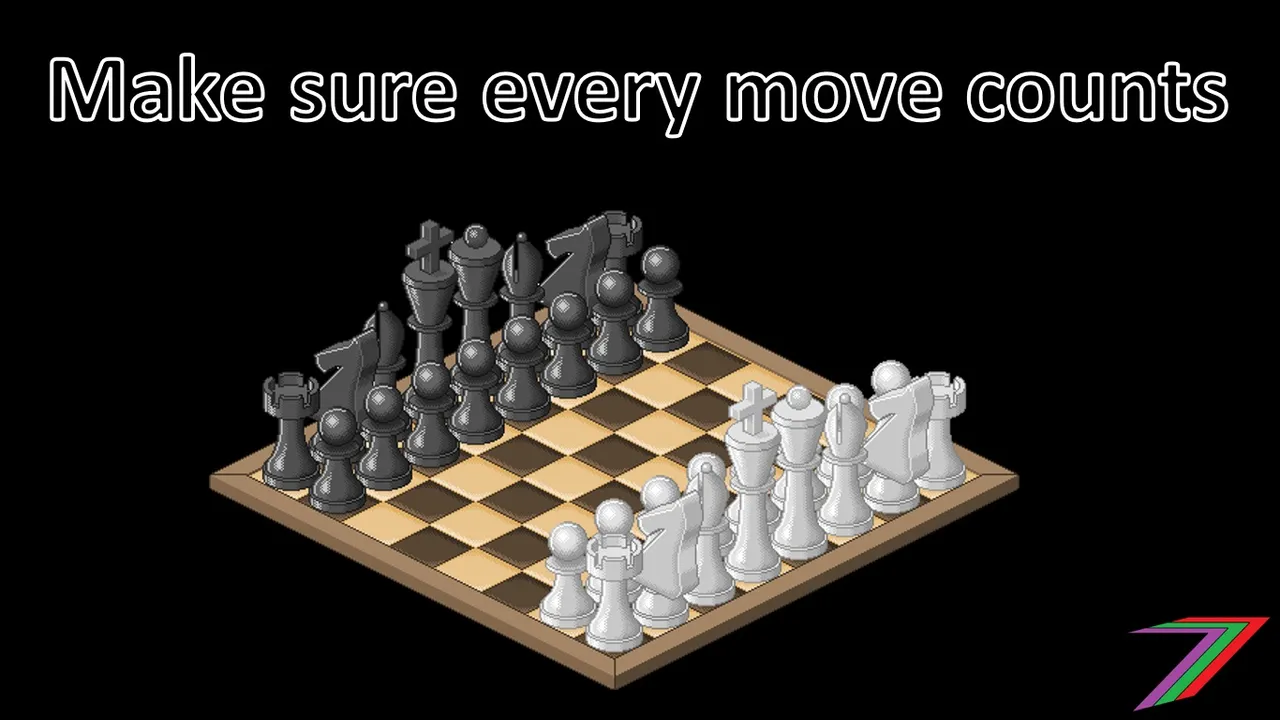
Chess is a great game that has an interesting combination of strategy and tactics. Strategy tends to be forward thinking while tactics are more reactionary to a particular circumstance. Good strategy makes it easy to apply tactics when needed. Strategy is something that should be constantly ongoing. In a game of chess, every move that is not a tactic should be part of a strategy that will eventually lead to tactical play. In other words, there are no wasted moves. This is something that can be applied to everyday life. Every minute of every day should be used in some meaningful way.
When I say meaningful, I do not mean devoting your life to work. I mean using your time in a way that adds value to your life and your objectives in life. This could mean engaging in some fun form of entertainment such as going to the theatre or watching a football game. If you are enjoying life, you are much more likely to be effective in your pursuits.
Short-run, medium-run, and long-run
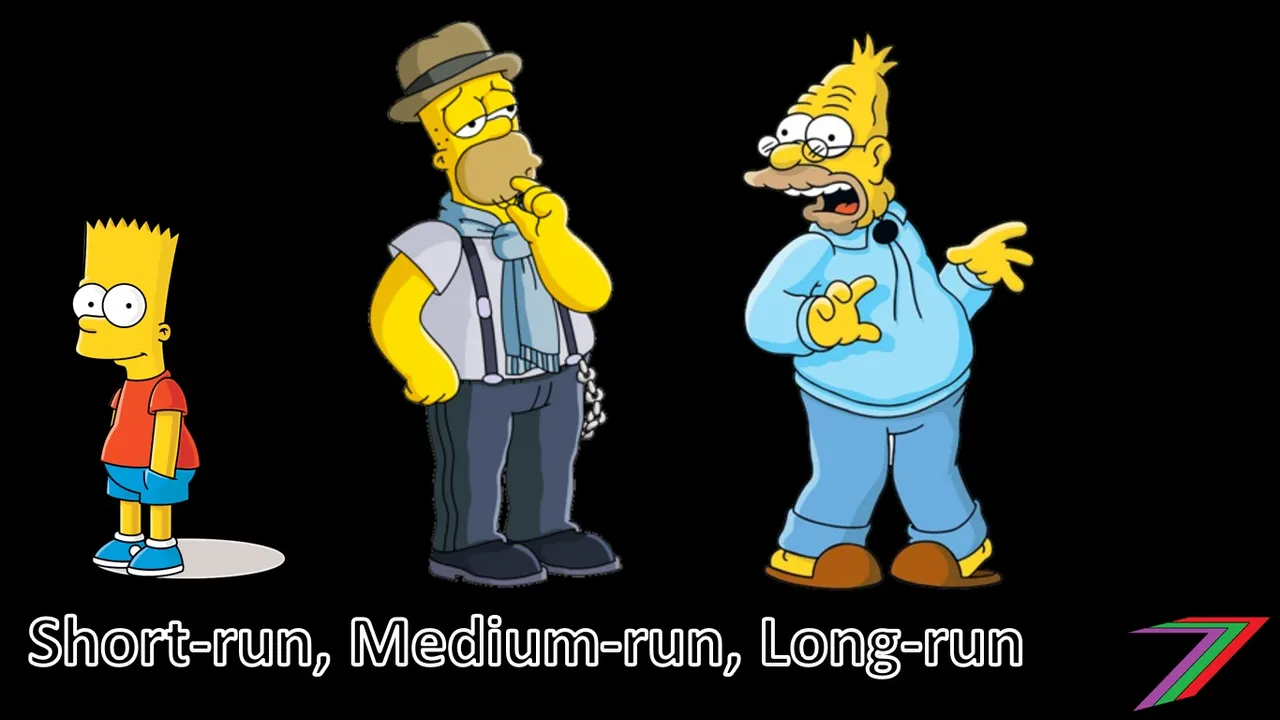
Everything we do affects either the short-run, medium-run, or long-run. Sometimes actions affect all three. Almost all actions affect the short-run while very few actions affect the long-run. This is very important to remember. People are faced with so much stress over decisions that affect only the short-run. Most of this stress is unnecessary as the short-run passes very quickly.
Decisions that require more attention are ones that affect the medium-run and long-run. Long-run decisions can be part of a strategic plan. Medium-run decisions should fit into that strategic plan. Therefore, I suggest spending most of your time on medium-run objectives that fit into your strategic plan. Focusing on the medium-run also allows for flexibility for the long-run plan. Life is full of surprises; it pays to have some flexibility.
Managing perceptions

When I worked in Government, I constantly heard people talking about the importance of managing perceptions. I would not put this at the top of my list of most important strategies but it is still important. People respond to their perception of reality, which may not be the same as reality. You need to paint people’s perceptions in a way that best suits you while at the same time maintaining honesty and integrity. This can be challenging, many choose to compromise integrity; this is normally a mistake. It is important to draw attention to the positives of your perspective as well emphasis that the negatives are relatively inconsequential. If you have a good strategy, this statement will hold true. If it does not, then perception management should be limited to the areas where you can make genuine statements about quality. Trying to ‘spin a yarn’ generally only works in the short-run.
Accepting that you will make mistakes
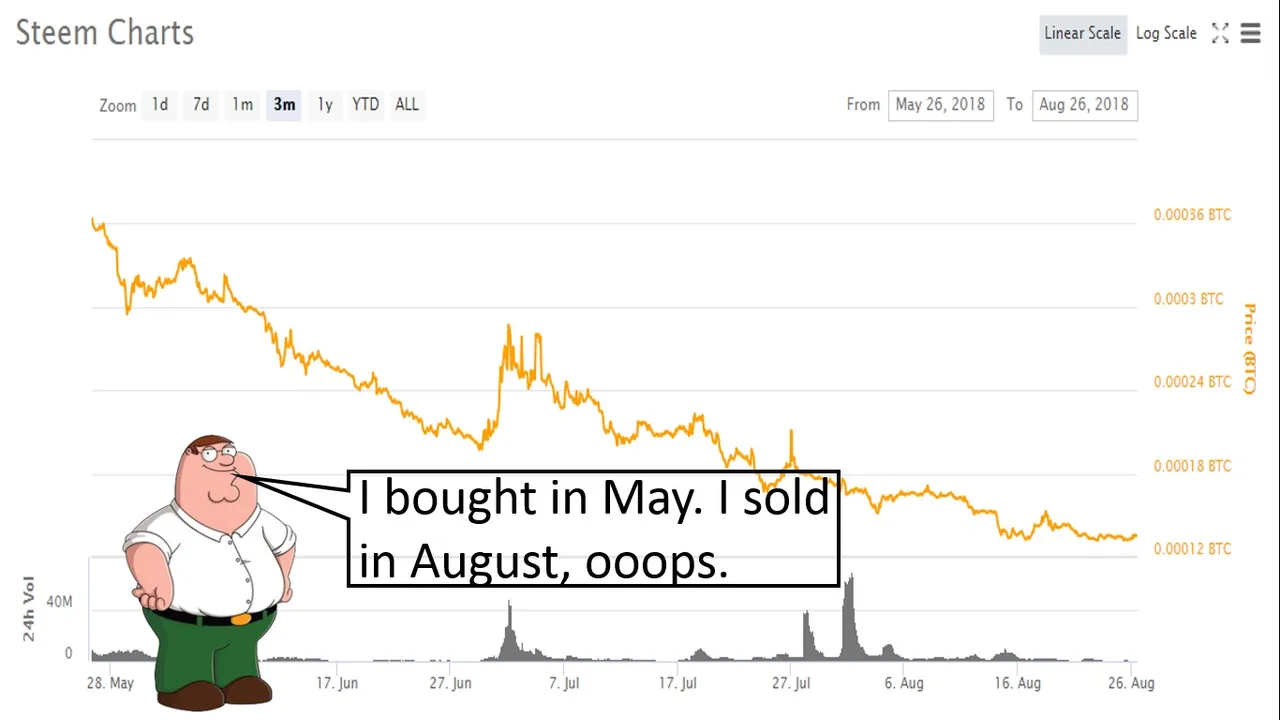
Making mistakes is a reality of life. Mistakes help us to learn and grow. Understanding the learning potential from mistakes can allow us to be bold in our actions. Fear of making mistakes is a major barrier to developing our skills and enhancing our knowledge. In my profession as an economist, mistakes are a natural part of life. Therefore, there are plenty of learning opportunities. The biggest mistakes in life often relate to actions we have shied away from out of fear of failure or mistake.
If you make a bold courageous move that does not payoff, you can always ask for forgiveness as explained earlier. If your mistake has costs you financially, you should be able to rely on others if you have adopted some of the other strategies describe in this post. If you have been following a good strategy, your losses are most likely going to be minimal anyway.
If your bold courageous move does payoff, you could have found the key to a whole new world that others have only ever dreamed about. Making mistakes along the way could get you in this position a lot faster than playing it safe by not leaving your comfort zone.
Understanding a person’s background and influencers
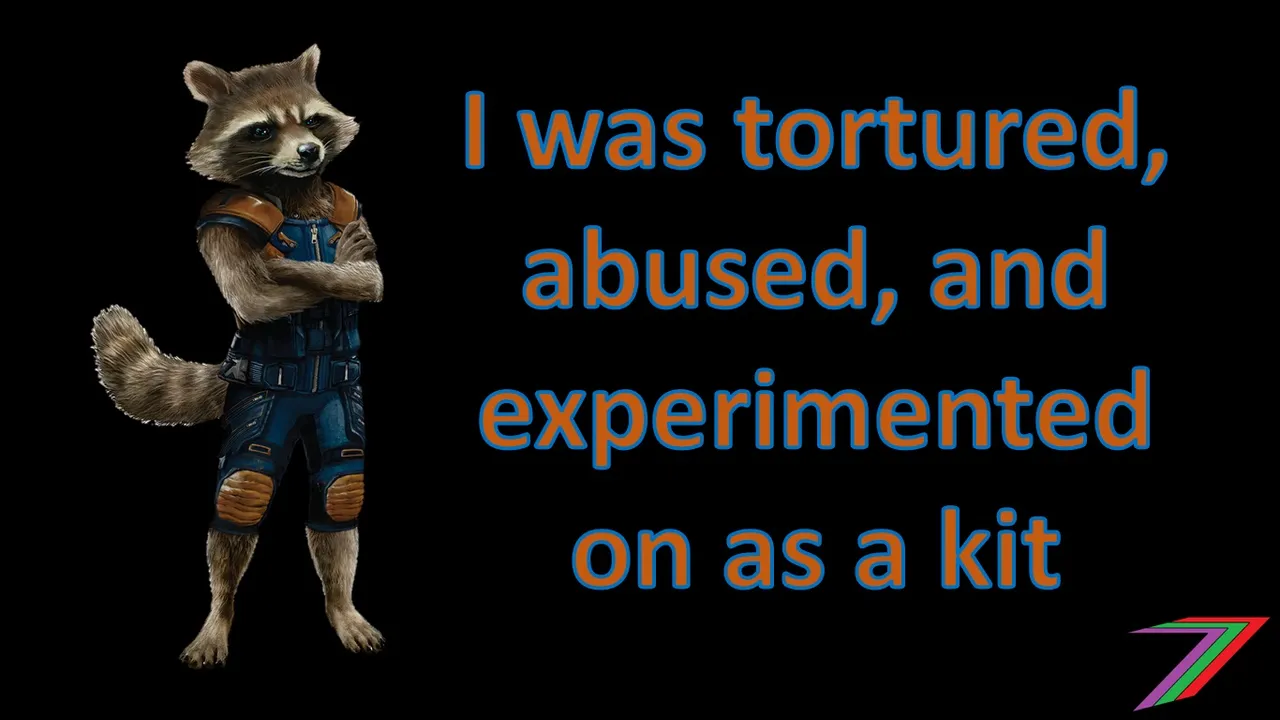
Everybody is different. Everybody has reached to where they are today through different paths. We can therefore assume that everybody will approach the world and life experiences differently. It is worth taking the time to get to know people and understanding their perspective on life. It can be surprising how much we can learn from those that are most different from us. We can expand our own paradigm as well as either embrace or reject the opinions of others based on our new understandings.
A great way to increase our capability to understand the behaviour of others is through travelling and exposing ourselves to the cultures of those we would not have contact with otherwise. Getting to know others also provides a gateway to the next strategy I want to discuss, which is ‘empathy’.
Empathy
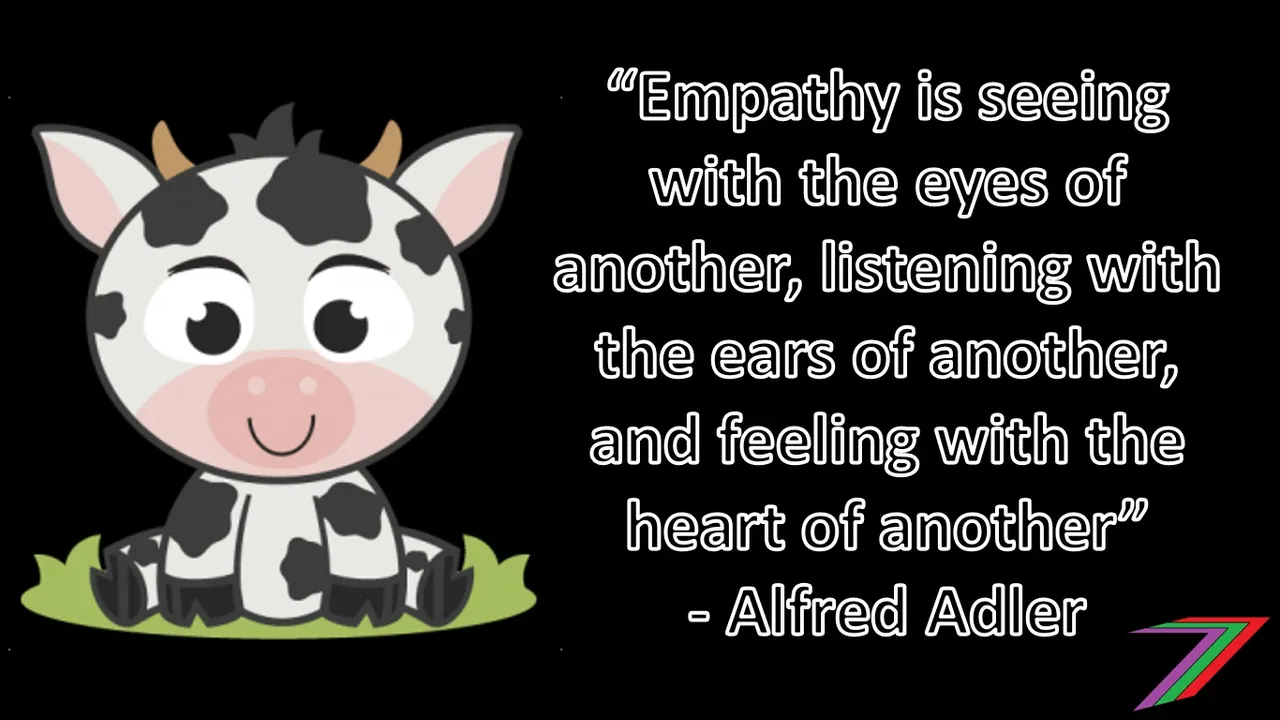
I believe understanding and experiencing empathy is the most important aspect of ‘playing the game’ and is essential to long-run effective game strategies. People with psychopathic tendencies are often credited as being the most successful people. Psychopathic tendencies can be valuable traits to mastering many strategies and thus brings success. Unfortunately, if you have psychopathic tendencies you will lack empathy. To lack empathy is a handicap that will destroy any chances of prolonged long-run success.
How will lacking empathy destroy any chances of success? It is not just lacking empathy that will destroy your chances of success but also having too much empathy. So what is empathy? Many people believe empathy is being able to walk in someone else’s shoes. It is far more than this. Empathy is being able to put yourself in someone else’s life and to experience that person’s life how they would experience it and not how you would experience it. If you do not know what a person is going through, you can only sympathise and not empathise. To be able to empathise fully, you need to have some experience of what that person is experiencing. You ideally need to have been in a situation that would allow you to react to that person’s circumstances in a similar way in order to empathise fully. All the above is going to be rare.
It is still possible to let someone take you on a journey of his or her life. Taking in a person’s journey can allow you to feel empathy. Some people are able to empathise a lot easier and quicker than others do. You can also become so involved in someone’s story that it can hurt. To be feeling such levels of empathy on a regular basis can be harmful to yourself. Therefore, it is also important to be able to dial back your level of attachment to a person’s circumstances.
Why is empathy so important? Through empathy, you can understand things about a person that cannot be understood through any other means. This gives you amazing insight into how this person is going to respond to many different things. This allows you to predict their behaviour and prepares you to respond in the most appropriate way; this response can sometimes even be on a subconscious level. I have seen people that have developed such great empathy for each other that they can communicate and understand each other almost telepathically.
Do not panic

This is one of the most commonly prescribed advice, therefore I will not go into much detail. Panic causes your brain to partially shut down. You will enter fight or flight mode. Fight or flight is rarely the best response to most situations. Therefore, you want to avoid this mode as often as you can. ‘Do not panic’ can be considered a strategy if you are aware of what is most likely to put you in a situation that could cause you to panic. You need to be able to identify when you are going to reach panic mode.
Working on or off script
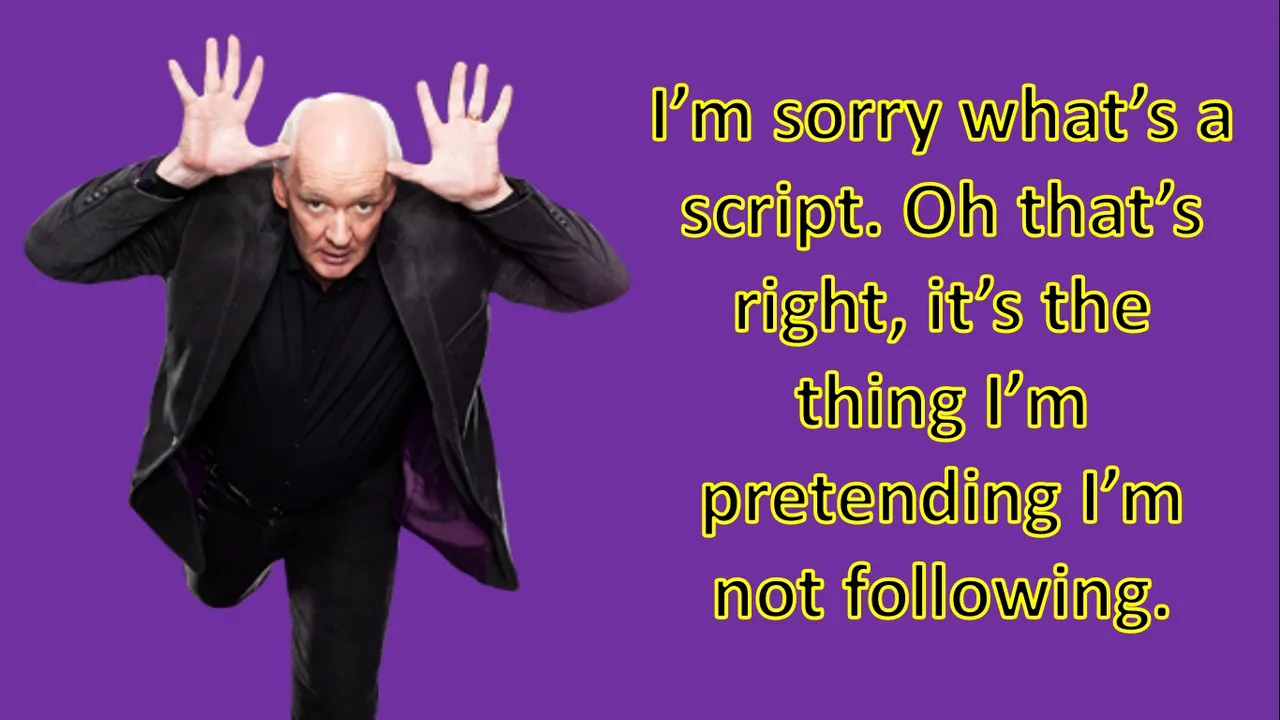
Some people love to plan and others do not. Whatever the case may be, at some point you will find yourself following some sort of plan and you will experience that plan fall apart. I call this going off-script. If you do not like planning, you will be working off-the-script most of the time. If you are a planner, you could find yourself lost.
Having off-script rules can help. They need to be generic and not overly precise as there are almost an infinite number of reasons that cause plans to fall apart as well as almost an infinite number of new circumstances that you find yourself in because of this failure.
A very simple approach is to rely on your strengths. Remember earlier in the post I said playing to your strengths should not be part of your prescribed game plan, when things fall apart; strengths are the most reliable things to fall back on. Playing to your strengths allows you to return to your comfort zone; this should help you recover and regain composure and confidence.
Another course of action could be to have a set of simple contingency plans that are triggered by different events. If something from a particular group of events happens, you can default to a particular set of actions. It is unlikely that you will be prepared for any eventualities but some sort of fallback plan is better than none, this is particularly true if you are very dependent on working according to a script.
Understanding a dynamic world
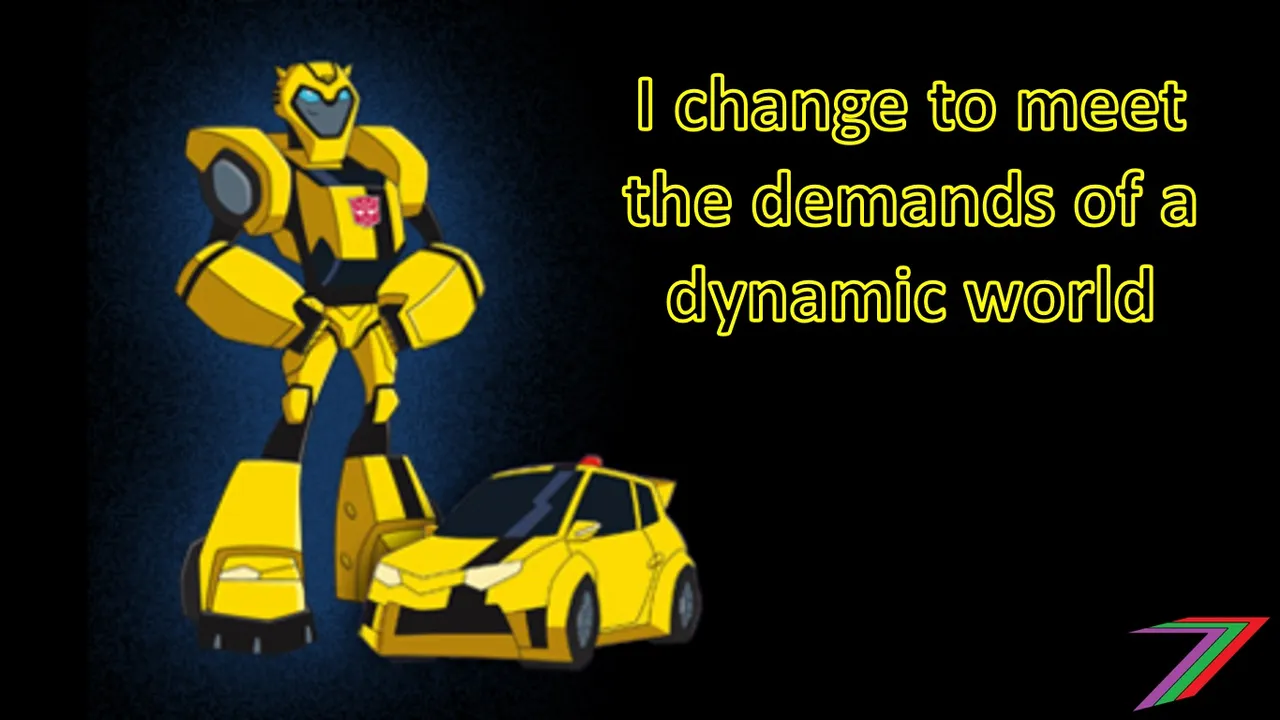
The world and most environments in it are constantly changing. This means that we need to be able to adapt and be willing to make changes. What worked well yesterday might work well tomorrow. Those around us will mostly likely be constantly adapting and changing, this is particularly true for those still trying to find success. It is important understand what is changing and how we need to adapt to meet those changes. It is also important to understand how others are going to adapt to those changes as well, as we may need to adapt to the changes they are making.
You may not need to make significant changes to your long-run objectives but how those objectives should be met and contributed to in the short-run and medium-run need to be challenged. Hence, it is also important to remain flexible and keep an open mind.
Have fun
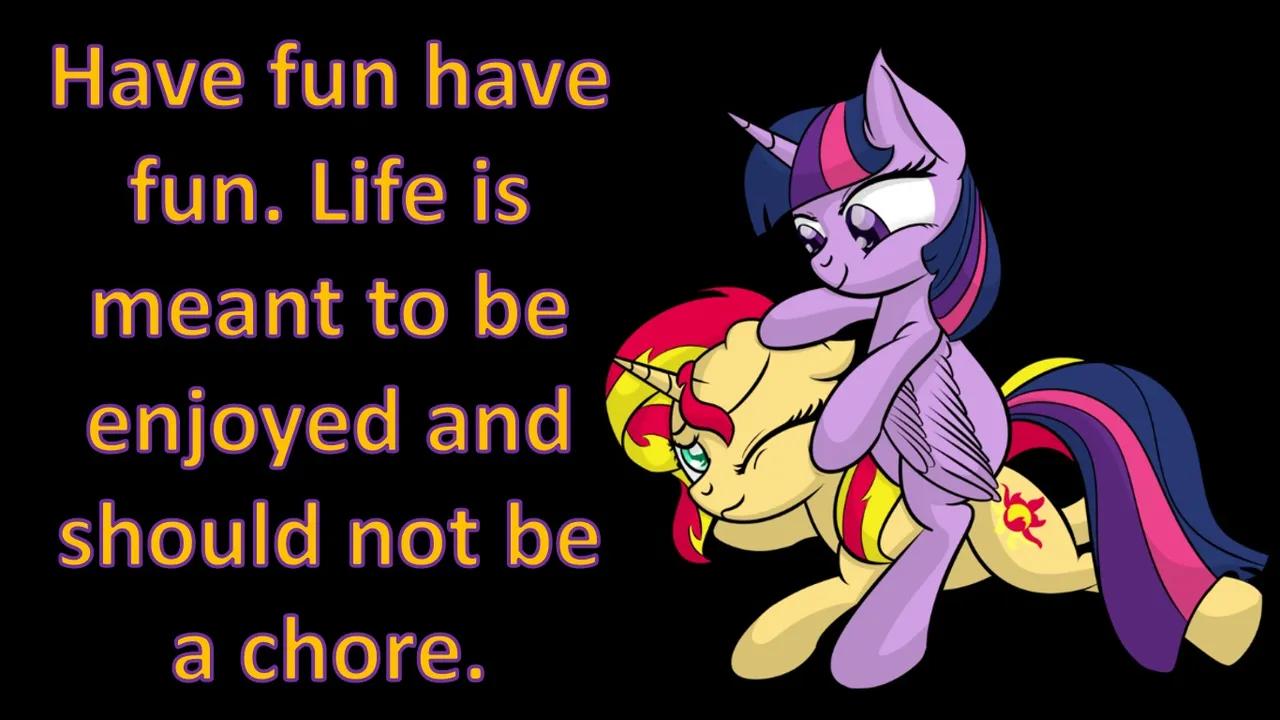
Having fun is a strategy and also a very effective one. Enjoying what you do and how you interact with the world is a massive incentive to continue what you are doing and to do it with a passion. Many people live for the goal at the end. We do not live at the point of the goal on a daily basis. The goal itself is just a point in time. We live the journey. If you are not enjoying the journey, you are not enjoying life. So please, plan a journey that makes you happy.
Actions vs intentions

We can view actions in part or even in their entirety. Simply viewing actions does not tell us the whole story. This is particularly true when we look at unrelated actions. Intentions are far more difficult to determine. Isolated actions often can be very misleading. A series of related actions can tell a story if we have the knowledge and sufficient information to read these actions. To be able read into someone’s series of actions we need to become familiar with that person as well as their history of actions. This is where ‘understanding a person’s background and influencers’ is important in interpreting a person’s actions.
Another more straightforward approach rather than conducting an investigation is to ask the person their intent. A person's responses to these questions are often more revealing than their actions, even if they are being dishonest. How you approach someone is also important. Inquiring about someone’s intent in the form of an accusation will receive a different response than a casual discussion regarding an observation you have made.
Conclusion
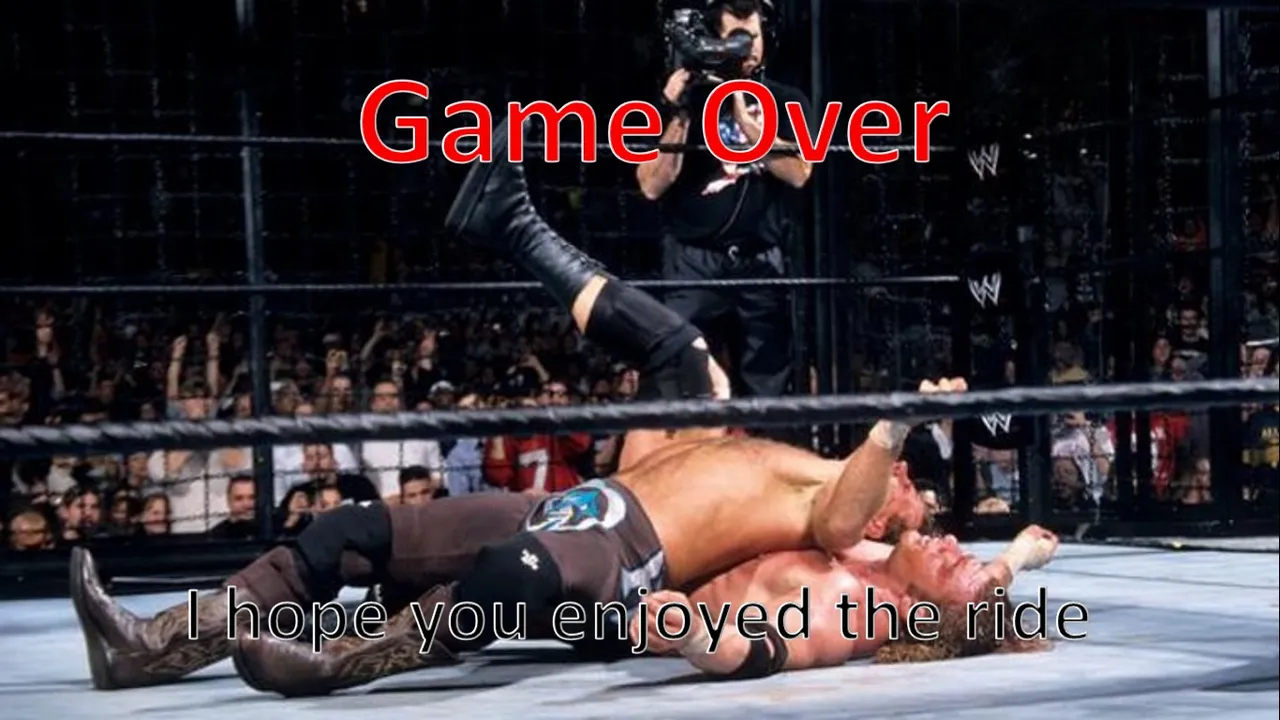
This brings me to the end of this post. You should view this post as more of an opinion piece in regards to general strategies that you can apply in life. Most of what I have described does not have specific context but serves as general strategies that you can add to your ‘playbook’ of life and for you to use as you see fit. The strategies discussed are not completely inclusive but this post offers an interesting range for some interesting game play. There are many more great strategies still to explore. I would like to revisit the topic of ‘playing the game’ at some point.
I hope you enjoyed this post and you are able to make use of some of the strategies I have described. Not all strategies can be applied to every situation but nearly every situation will require a combination of strategies for you to have the highest chances of success. There are also many situations where some of the strategies will require some form of adaption or additional 'wrinkles' to meet particular challenges. To be good at appropriately applying these strategies requires practice.
All strategies described in this post should be used to help you fulfil your pursuits in life and not to be used as a form of attack on others. The terminology ‘playing the game’ refers to you playing your own games in life.
